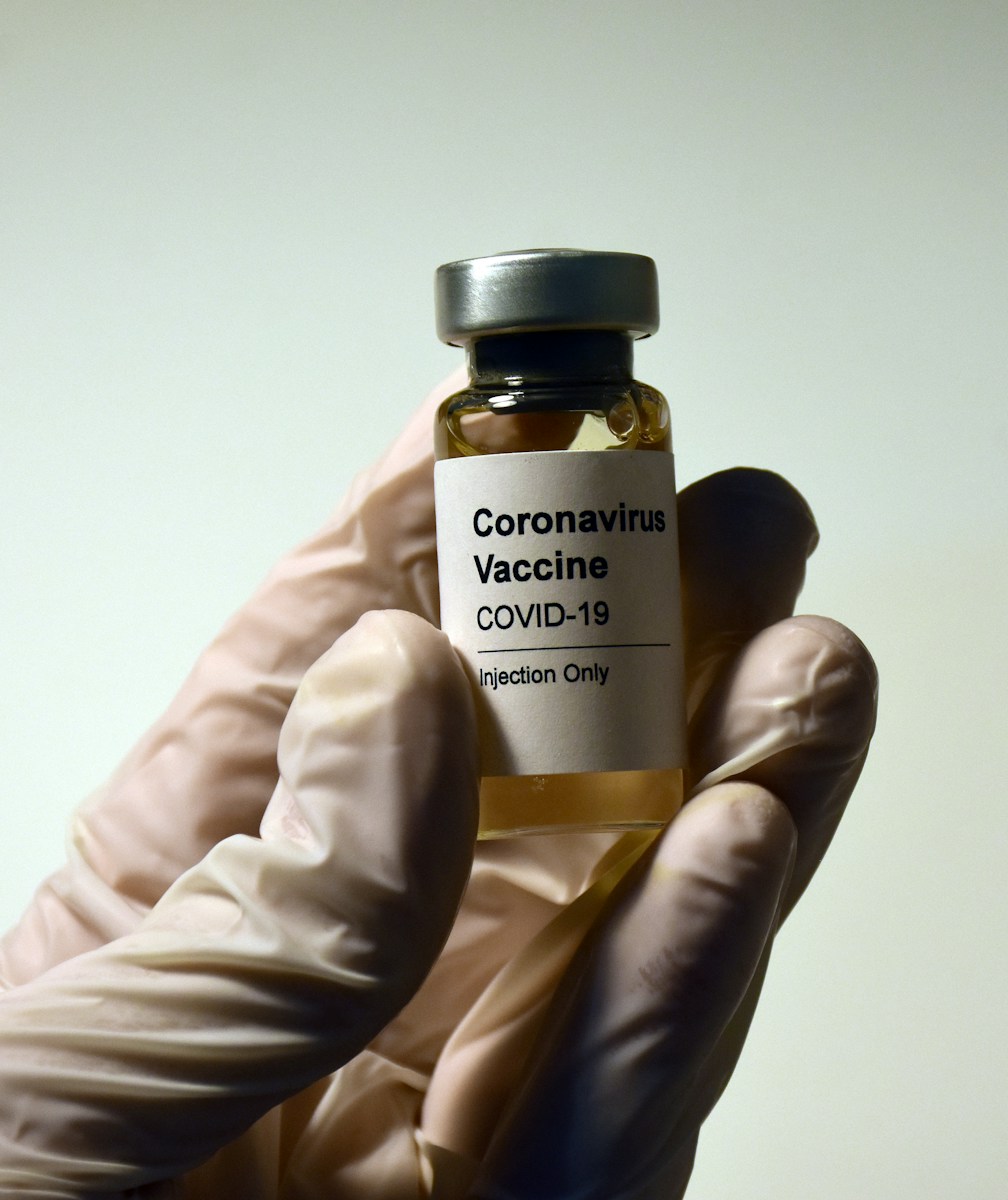The Food and Drug Administration (FDA) is considering withdrawing the
emergency use authorization for Pfizer’s coronavirus vaccine in children under 5 years old. This potential regulatory action would mark a significant shift in the agency’s approach to
COVID-19 vaccination policies for the youngest Americans.
If implemented, this decision would affect millions of American families with young children who have relied on the Pfizer vaccine as protection against coronavirus infection and its complications. The FDA granted emergency use authorization for this age group after reviewing clinical trial data that demonstrated safety and efficacy, though at lower doses than those administered to older children and adults.
Reasons Behind the Potential Decision
While the FDA has not publicly detailed the specific reasons for potentially revoking the authorization, such decisions typically stem from new safety concerns, questions about effectiveness, or changes in the risk-benefit analysis as the pandemic evolves. Regulatory agencies continuously monitor vaccine performance through post-authorization surveillance systems, designed to detect rare side effects or effectiveness issues that may not have been apparent in initial clinical trials.
The FDA’s review process involves analyzing real-world data collected since the vaccine became available to young children. This includes examining:
- Reports of adverse events through the Vaccine Adverse Event Reporting System
- Effectiveness against current coronavirus variants
- Changing risk profiles as the pandemic enters different phases
Impact on Public Health Guidance
A withdrawal of authorization would require pediatricians and public health officials to revise their vaccination recommendations for young children. Parents who have already started the vaccination series for their children would need guidance on how to proceed, particularly if they have not completed the full regimen.
Medical organizations, including the American Academy of Pediatrics, would likely issue updated guidance to help families navigate this change. Healthcare providers would need to adjust their vaccination programs and communicate clearly with families about alternative protection measures.
Expert Perspectives
Public health experts have expressed varied opinions about COVID-19 vaccination for the youngest children throughout the pandemic. Some have emphasized the importance of protecting all age groups to reduce transmission and prevent rare but serious complications in children. Others have noted that healthy
young children typically experience milder disease compared to older populations.
Any decision to withdraw authorization would need to be based on compelling
data about either safety concerns or lack of effectiveness,” said a vaccine researcher who requested anonymity because they were not authorized to speak publicly about pending regulatory matters.
The FDA’s independent advisory committees typically review such major decisions before final action is taken. These meetings provide a forum for public discussion of the scientific evidence, allowing for transparency in the decision-making process.
Next Steps
The FDA has not announced a timeline for making this decision. If the agency proceeds with withdrawing the authorization, it would likely issue detailed guidance for healthcare providers and parents about managing the transition.
Pfizer would have the opportunity to submit additional data or address specific concerns raised by regulators. The company could potentially apply for standard approval rather than emergency use authorization if it gathers sufficient long-term safety and efficacy data.
This development comes as many countries have already
scaled back their COVID-19 vaccination programs for young children based on their own risk-benefit analyses and changing pandemic conditions.
Parents with questions about their children’s vaccination status are advised to consult with their pediatricians for personalized guidance while awaiting official announcements from regulatory authorities.






